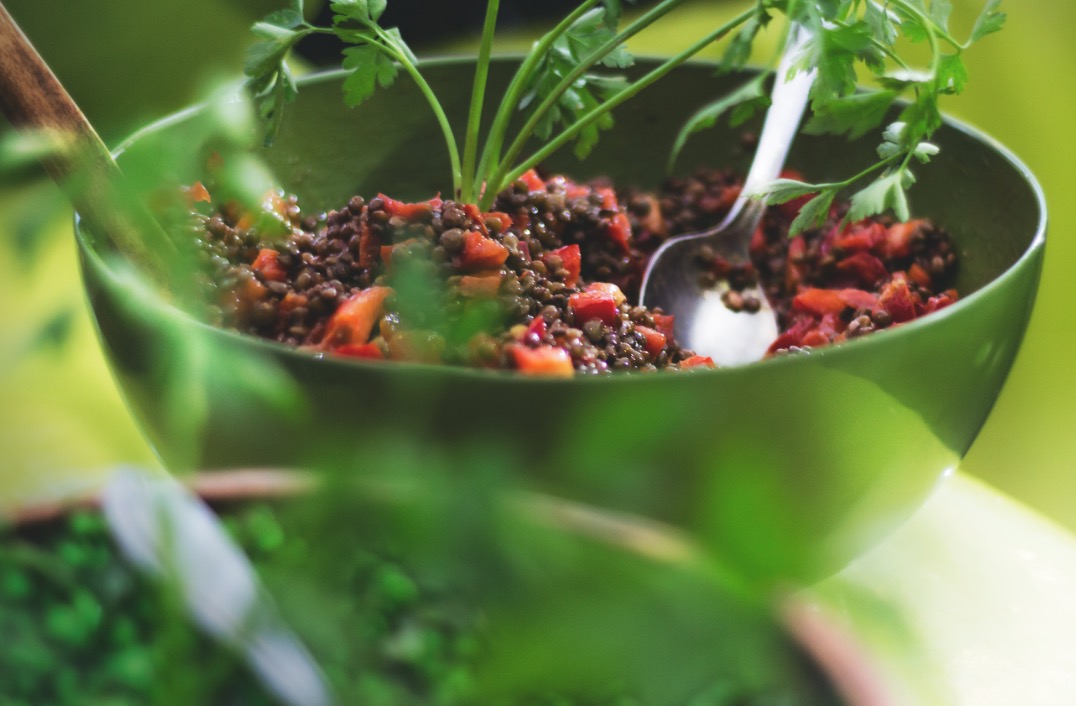
Is your home your haven, or is it just another stress in your life?
2nd May 2019I have tried every diet known to womankind and for a long time was an advocate of the popular Dr’s Mosley, Atkins and the Keto way of eating.
A number of my clients have successfully lost weight by adhering to this method and I include myself. But there was always that weight plateau I would struggle to get below. Then the inevitable ascent back to weight gain and having to consider what next diet to follow.
In one incarnation I lived a monastic macrobiotic life for 18 months, yes I felt ‘clean’ but I had a lot of bloating and also blood sugar dips around 10:30 am to deal with.
If I wasn’t carrying almonds in my bag I would be off buying the first thing my eyes fell on to fix the problem. This couldn’t be right I thought, so I left my monastic life.
When we are on strict regimes we can often feel guilty when we divert from them. This is exactly how I felt when I tried an egg for breakfast, but I had no more mid-morning sugar dips.
Once the guilt started to subside I added more grass-fed organic animal protein to my diet & cut out carbs completely.
Recently I had been suffering from constant nausea, so I decided to seek help from acupuncture. My consultant suggested I add congee to my diet which is made from rice. Along with the needles and herbs, nausea disappeared. My weight had plateaued for a long time and by adding these few carbs the pounds started to naturally fall off, I was amazed.
Unbeknown to me the same thing was happening to a girlfriend across the pond. She is a master chef and nutritionist and had discovered that by alternating a good carb day with a paleo day her weight was slowly coming off.
What are carbohydrates?
Alongside protein and fat, carbohydrates are one of the three primary macronutrients. The role of carbs is to provide energy for your body and brain.
Here’s what happens when you eat carbohydrates: First, carbs are broken down into sugars during digestion, and the sugars are absorbed into your bloodstream. Then, in response to an increase in blood sugar, insulin is released to shuttle this sugar (now called glucose) to your cells for quick energy to fuel your day.
Carbs are also stored in your muscles and your liver in the form of glycogen. Excess glucose, however, is also stored as fat, which is where carbs tend to get their bad name.
Healthy carbs and which need to be avoided?
We have to be careful because not all carbs are healthy, actually, the vast majority are not. All processed refined carbs need to be eliminated from our diets. Dr Ede has a good list in here http://www.diagnosisdiet.com/refined-carbohydrate-list/
But while processed carbs are worth ditching, whole foods that are rich in carbohydrates are in a league of their own. Potatoes (both regular and sweet), other starchy vegetables (butternut squash and carrots), whole grains (quinoa and brown rice) and legumes (beans and lentils) are all excellent.
Some other things to consider if you aren’t losing weight is cutting out dairy as it raises insulin levels, low carb sweeteners, caffeine as it destabilises blood sugar, insulin levels and triggers sweet cravings.
And don’t have too much protein as it can turn into sugar.
Add strength training to your exercise plan and keep a food diary including how you feel & any symptoms that occur. This way you can identify the foods that could be causing you problems.
Summary
- Cut out processed carbs: Sugary drinks; Fruit juices; White grains; Pastries, cookies and cakes; Ice cream; Sweeties and chocolates; Fried fries and potato chips
- Add good carbs in moderation: Fruit – apples, bananas, strawberries, blueberries; Legumes – lentils, kidney beans, peas; Nuts; Seeds – Chia, pumpkin; Whole grains – oats, quinoa, brown rice; Tubers – sweet potatoes, potatoes.
- Listen closely to your body
- Eat a balanced diet
- Restrict sugar and dairy from your diet


